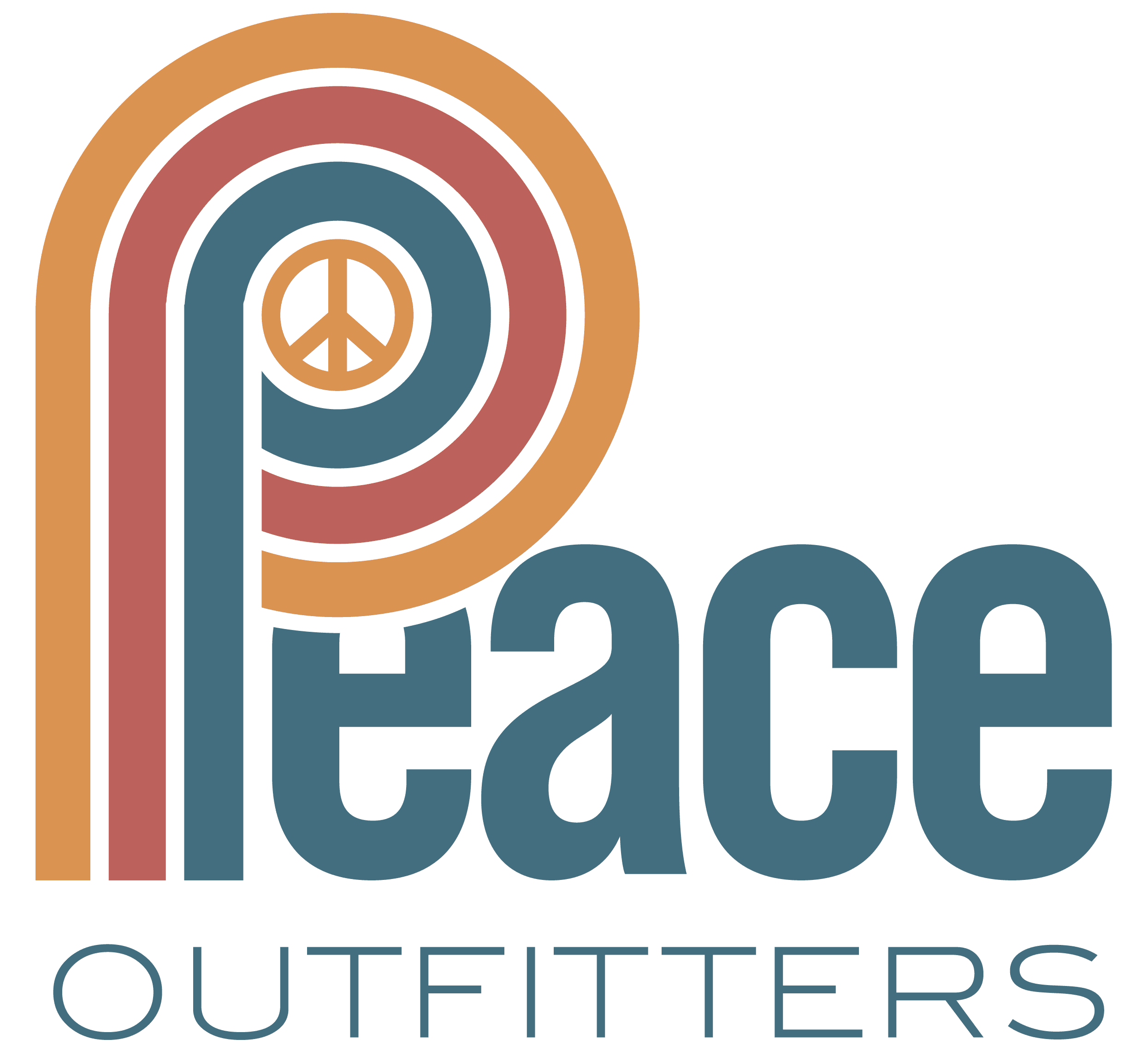PRIDE IN THE OUTDOORS
Disclaimer: I cannot speak for all members of the LGBTQ+ community and I do not pretend that I do. I am simply speaking from my personal experience as a white, Queer, and non-binary human trying to navigate this world as best I can.Â
Pride is hard to talk about
There are joyus moments like June 26, 2015 when the United States Supreme Court legalized same-sex marriage. I wasn’t even out yet, I just considered myself an ally of the LGBTQ+ community and was overjoyed this was one less obstacle for Queer folks.
Then there are sad moments full of prejudice like in 1969 during the Stonewall Riots.
Pride and what it is today is the cumulation of years of protests. We have pride today because of trans women of color and because of all the other members of the LGBTQ+ community who paved the way and who refused to stand down.
Queer people have had to fight to create spaces where we can feel comfortable and truly be ourselves, hence why we have LGBTQ+ bars and other spaces. If there isn’t a space for us then we pave the way and create our own. I love my community because of how we always come together for one another.
One space, however, that I think can be uncharted territory for Queer folk is nature.Â
Let’s Talk Nature
For most of my life, the outdoors have only been accessible to privileged, wealthy, able-bodied people. Because of this, marginalized people have been excluded from nature and the outdoors. That doesn’t mean I haven’t ventured outdoors myself, as do many other LGBTQ+ folks, it just means I definitely don’t feel as comfortable as others when spending time in nature.
Nature is a place where all people can connect. To me, I see it as a neutral ground. A bunch of people can stand at the south rim of the Grand Canyon together and admire its beauty and how it makes them feel. At the same time, because of how the preservation of nature came at the expense of marginalized communities, sometimes referring to it as a neutral ground feels wrong, like I’m erasing the trauma and conflict that has occurred across our lands.
Being alone in nature is usually a serene and even healing experience for many people. For me, nature is not always a space where I feel safe. As a Queer and non-binary person, the outdoors can be intimidating. Sometimes I fear hiking alone because I fear for my safety. BIPOC (Black, Indigenous, people of color), LGBTQ+ and women feel this fear as well, all in different ways. Venturing outside alone can already be an anxiety-inducing activity, and being part of a marginalized community can exacerbate this anxiety.
I hiked often when I lived in the south.
Hiking is one of the things that helped me clear my mind and even allowed me to come to terms with my sexuality. In many ways being alone in the woods with no one else around felt like much-needed therapy. During these hikes I would often tell myself I needed to “blend in.†I didn’t want anyone to even think I was Queer. I worried they’d treat me differently or I would be in a dangerous situation.Â
Outdoors for Everyone
I want the outdoors to be for everyone, and I know a lot of other outdoorsy people are on the same page. However, for nature to truly be a place for Queer folks and other marginalized communities, it needs to feel safe and inclusive.
Here is what I know: My queerness does not go away when I’m in nature. I cannot separate my identity because it is a fundamental part of who I am and how I interact with the world.
I think we have a lot of work to do to move the narrative away from how nature has been portrayed. There is no set definition for being a hiker or a climber or an outdoor enthusiast. There is no one way to look when engaging with the outdoors. Being outside isn’t about head to toe Patagonia or the most expensive gear and it’s not a place anyone should feel unsafe.
Nature is a way for all of us to come together. To love, to preserve, and to protect our planet. This includes the LGBTQ+ community. We have the month of June to celebrate how far we have come and how hard we have fought, and I want that pride to include feeling welcomed and feeling proud in the outdoors.Â
Written by: Alyson Jones

